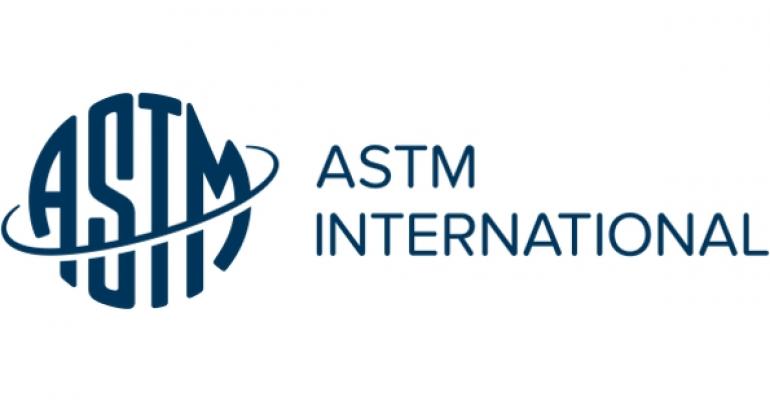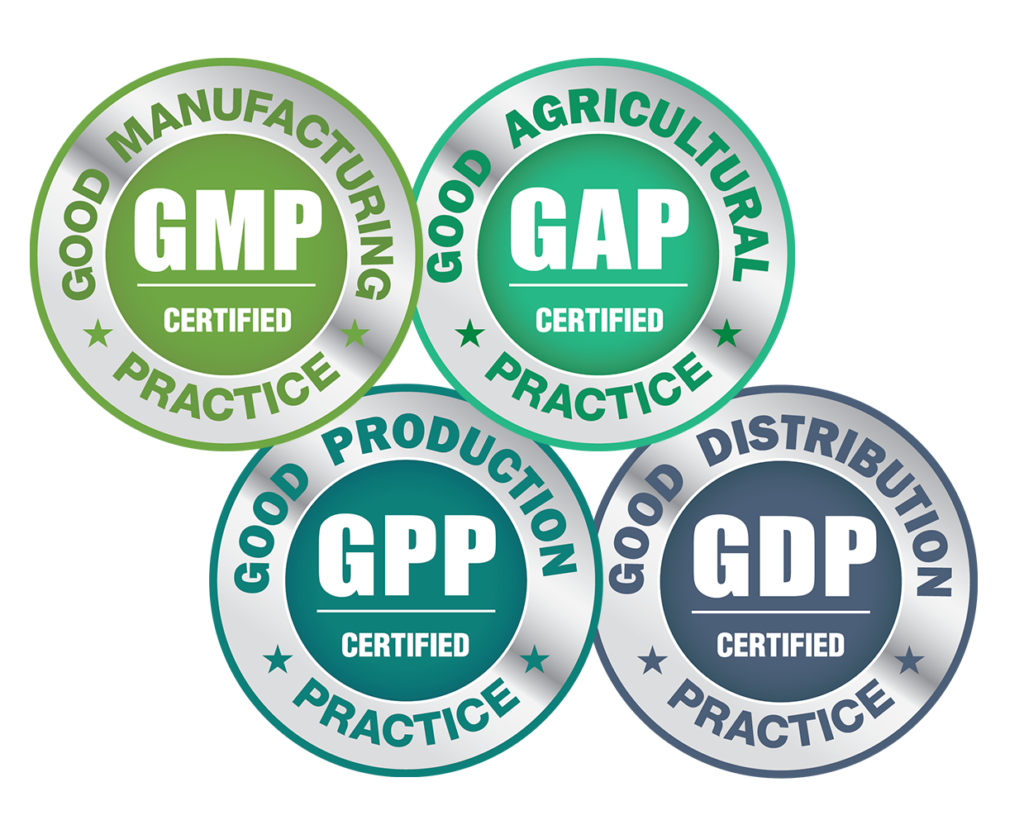
About GF Institute
Built by the Industry, for the Industry
GF Institute (GFI) was formed in 2021 by cannabis training and education company Green Flower and a consortium of over 40+ cannabis industry companies and business leaders representing all aspects of the supply chain.
GFI’s primary function is to serve the cannabis industry by developing and maintaining standardized credentials which generate value for cannabis professionals, employers, and job seekers.








